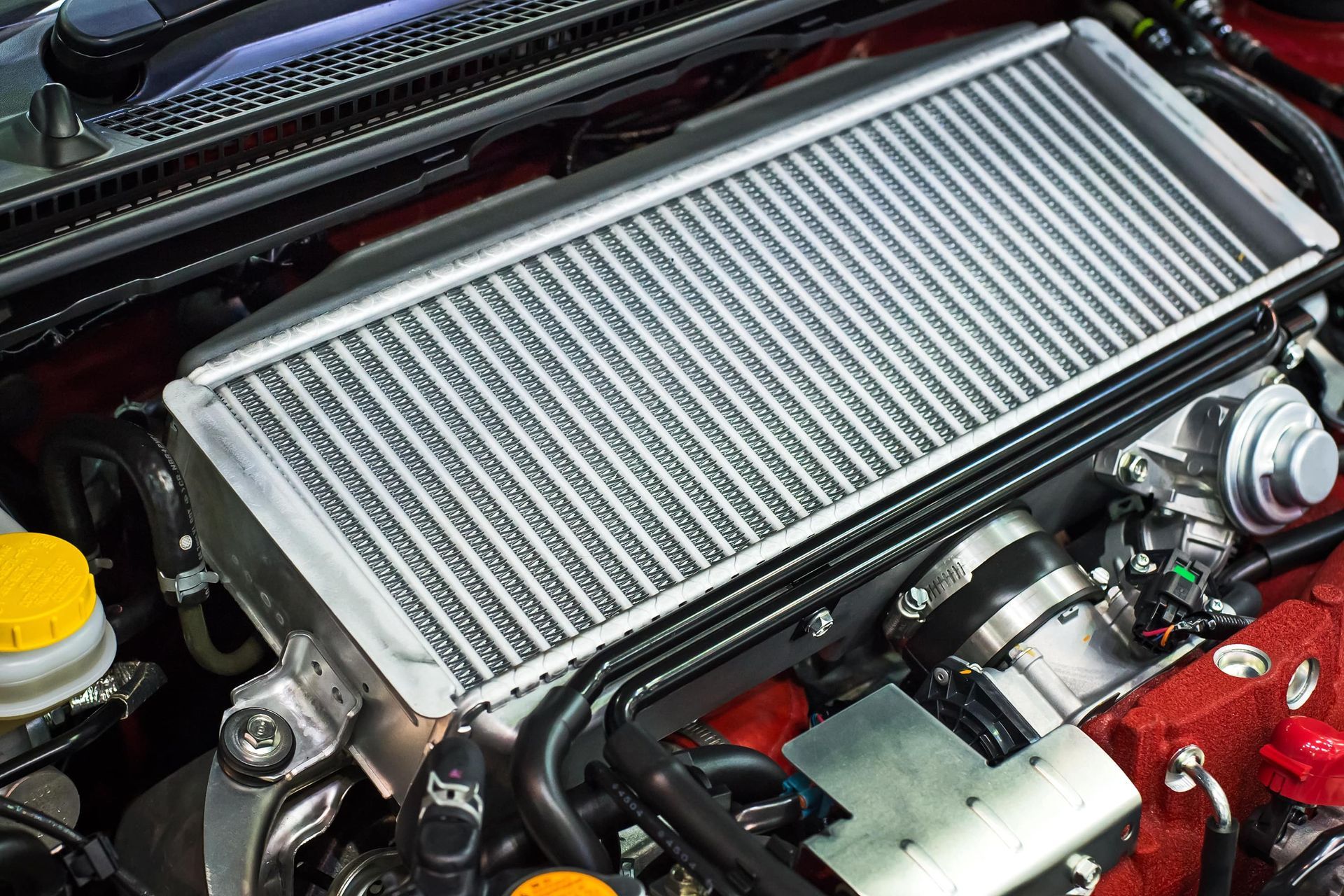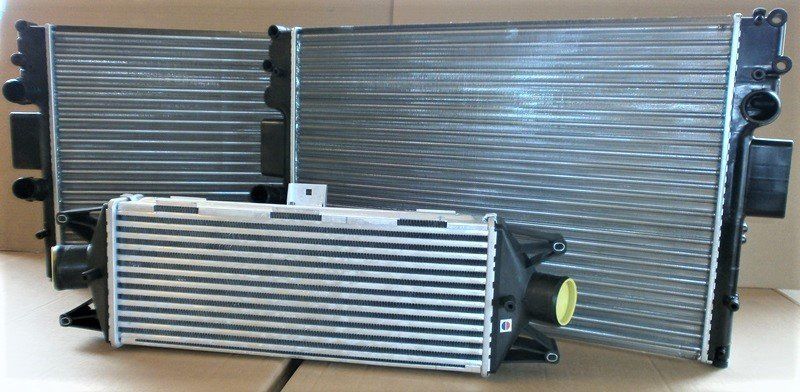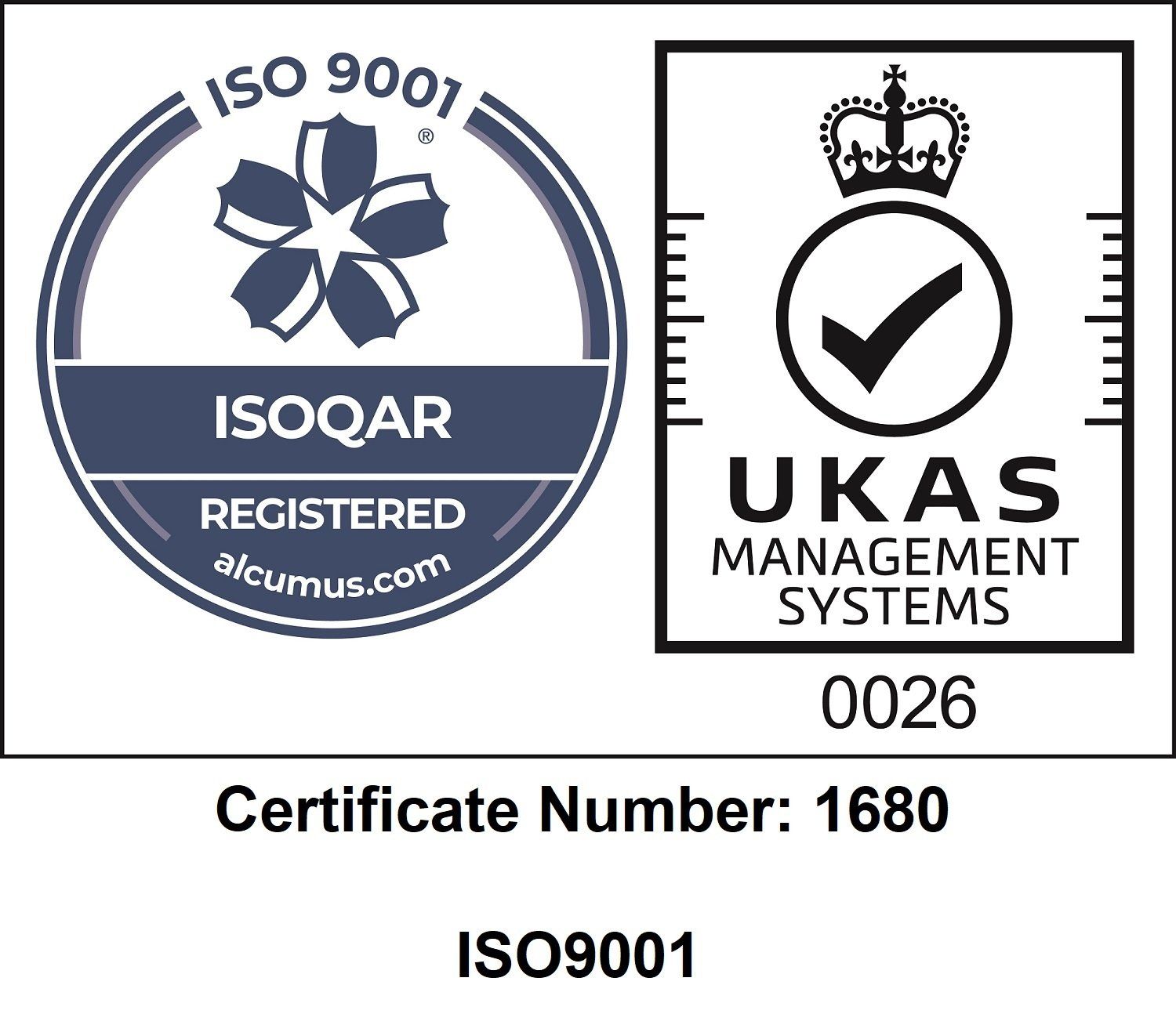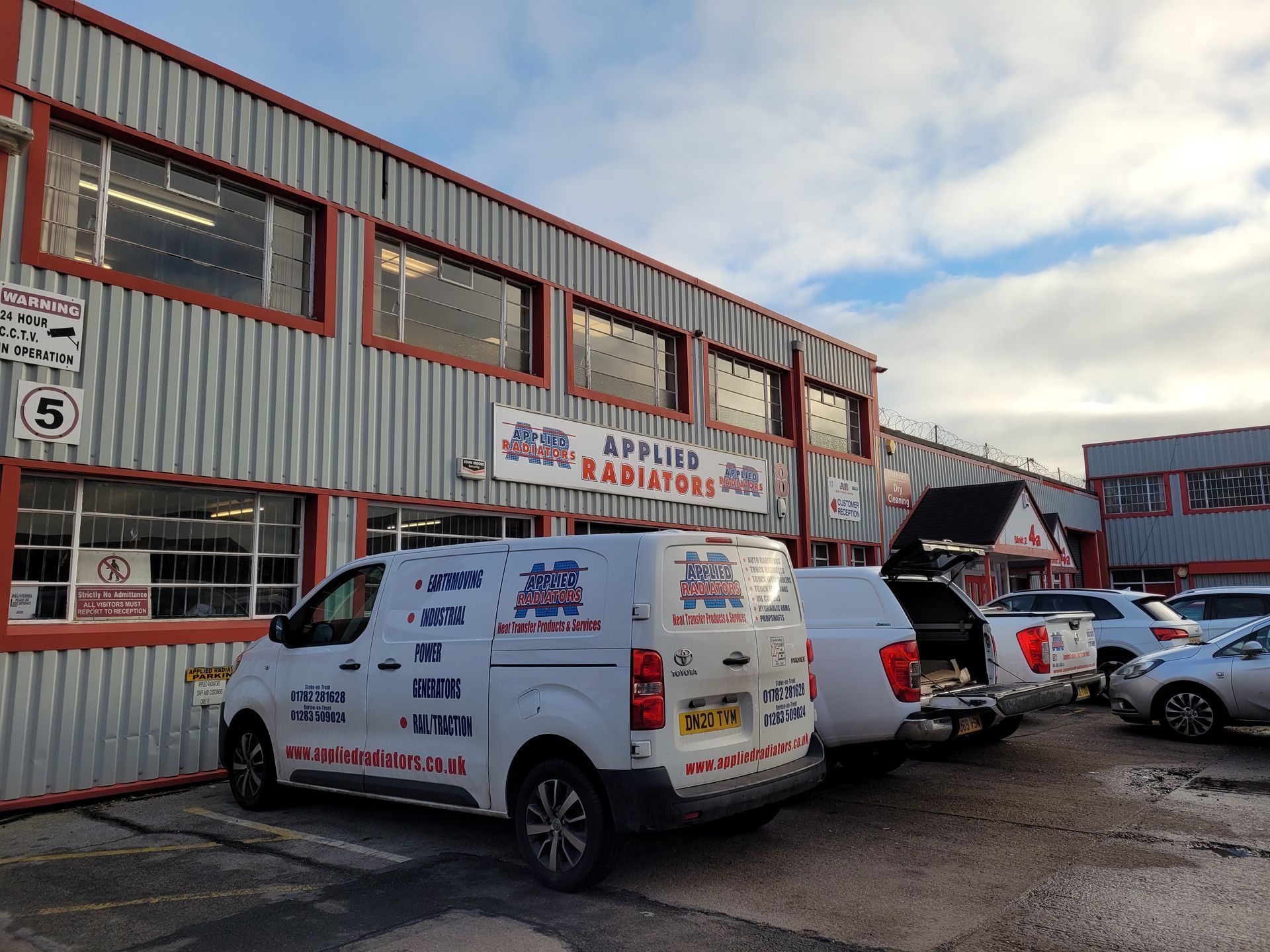Most Common Car Radiator Problems
This is a subtitle for your new post

From elusive leaks to corroded radiators, there’s a huge range of things that can go wrong with your car’s radiator. The team at Applied Radiators know all about what can go wrong with a radiator and what to do about it. In this blog, we'll break down the symptoms, and causes of radiator issues, and give you handy tips on how to deal with the most common car radiator problems.
Leaks
Leaky radiators are a frequent headache for fleet owners. Spotting puddles beneath your vehicles or noticing a drop in coolant levels can indicate a leak. Identifying and promptly fixing the source of the leak is crucial to preventing further damage.
Rust and Corrosion
Rust and corrosion can wreak havoc on radiators, compromising their structural integrity and hindering efficient heat transfer. Regular inspections and addressing rust spots early can help extend the life of your radiator and prevent potential overheating issues.
Build-up
Accumulation of debris and sediment in the radiator can impede proper functioning. Regular flushing and cleaning can prevent build-up, ensuring optimal heat exchange and preventing uneven heating.
Malfunctioning Thermostats
When your vehicle struggles with maintaining a consistent temperature, a malfunctioning thermostat could be the culprit. Regular checks and timely replacement can prevent overheating and ensure the efficiency of your radiator.
Overheating
Overheating is a red flag, often caused by a combination of issues such as coolant leaks, thermostat malfunctions, or radiator blockages. Getting on top of overheating issues right away can prevent extensive damage to your radiator and engine.
Proactive maintenance is the key to avoiding common radiator problems. For expert solutions and reliable car radiator repair services, turn to Applied Radiators.




